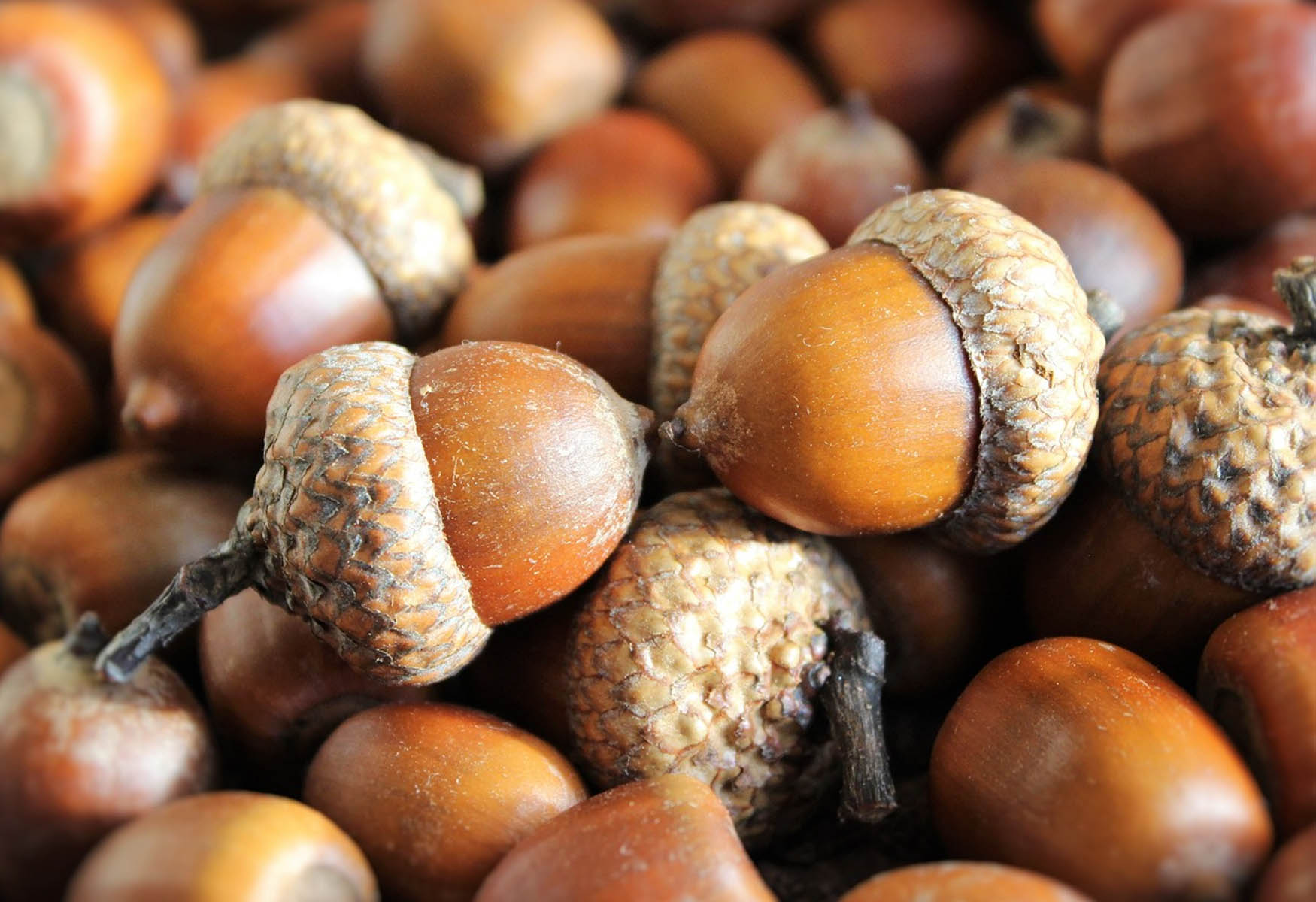
Acorns are not only small nuts that fall from oak trees; they also have a rich history and unique characteristics that make them fascinating. Whether you see them as a mere annoyance during autumn walks or a potential ingredient in your next meal, there is much more to discover about these tiny treasures.
In this article, we’ll delve into 10 fascinating facts about acorns that will leave you with a newfound appreciation for these humble nuts. From their importance in wildlife conservation to their potential use in human cuisine, there’s no denying that acorns have a lot to offer.
So, let’s dig in and explore the lesser-known world of acorns, uncovering their secrets and shedding light on their significance. Prepare to be surprised by the versatility and significance of this often overlooked natural wonder.
Key Takeaways:
- Acorns are small seeds from oak trees, rich in nutrients and historically significant as a staple food for many cultures. They need to be processed before eating to remove bitter tannins.
- Acorns have cultural and ecological significance, serving as a vital food source for wildlife and symbolizing good luck in some cultures. They can also be used for arts and crafts, showcasing their versatility.
Acorns are the seeds of oak trees.
Acorns are the matured fruits of oak trees, belonging to the genus Quercus. They are typically small and round, with a distinctive cap covering the top.
Acorns have been a staple food for many cultures throughout history.
For centuries, acorns have been an important source of sustenance for various indigenous communities. Native Americans, for example, used acorns as a significant part of their diet due to their abundance and nutritional value.
Acorns are rich in nutrients.
Despite their small size, acorns pack a nutritional punch. They are a good source of healthy fats, fiber, carbohydrates, and various vitamins and minerals, including vitamin E, potassium, and magnesium.
Acorns need to be processed before consuming.
Raw acorns contain tannins, a bitter substance that can be harmful if consumed in large quantities. To remove the tannins and make acorns edible, they need to be soaked, boiled, or leached.
Acorns can be used to make flour.
Once processed, acorns can be ground into a fine flour, which can be used as a gluten-free alternative in baking. Acorn flour has a nutty flavor and can be used in bread, cakes, and other recipes.
Acorns have been used for medicinal purposes.
Throughout history, acorns have been used in traditional medicine for various ailments. They have been believed to possess anti-inflammatory, diuretic, and digestive properties.
Acorns are an important food source for wildlife.
Squirrels, deer, birds, and other animals rely on acorns as a vital food source, especially during the fall and winter months. They play a crucial role in the ecological balance of oak woodland ecosystems.
Acorns have cultural significance.
Acorns have been symbolically important in many cultures, representing strength, prosperity, and resilience. They are often associated with oak trees, which are considered sacred in various mythologies.
Acorns can be used for arts and crafts.
Acorns have been used creatively in various arts and crafts projects. They can be painted, glued, or strung together to make decorations, jewelry, and other artistic creations.
Acorns are considered a sign of good luck.
In some cultures, finding an acorn is seen as a lucky omen. It is believed to bring good fortune and abundance to those who come across it.
Conclusion
In conclusion, acorns are more than just small nuts found on the ground. They serve as an important food source for various animals, as well as a potential ingredient in human cuisine. Acorns are rich in nutrients and have a unique flavor profile that can be enjoyed in various dishes. From acorn flour to acorn oil, the possibilities are endless when it comes to incorporating acorns into your cooking. So the next time you stumble upon an acorn, remember the fascinating facts we’ve shared and consider giving this humble nut a try in your next culinary adventure.
FAQs
Q: Are all acorns edible?
A: While most acorns are edible, not all of them are palatable due to their high levels of tannins. Proper processing methods, like leaching or boiling, can help remove the bitterness.
Q: Can I eat raw acorns?
A: Raw acorns are not recommended for consumption as they contain tannins that can be toxic and cause digestive discomfort. It’s crucial to properly process them before consuming.
Q: How do I process acorns for cooking?
A: To process acorns, start by removing the shells and inner skins. Next, soak them in water or boiling them to leach out the bitter tannins. Finally, dry and grind them into flour or use them in other recipes.
Q: What dishes can I make with acorns?
A: Acorns can be used in a variety of dishes, such as bread, pancakes, cookies, soups, and stews. They can also be used as a gluten-free alternative in baking.
Q: Are there any health benefits to eating acorns?
A: Yes, acorns are a good source of various nutrients, including carbohydrates, protein, and healthy fats. They also contain vitamins and minerals, making them a nutritious addition to your diet.
Acorns may be small, but they pack a punch when it comes to interesting facts! Speaking of interesting facts, did you know that Sally Sonic, the beloved hedgehog, has quite a few fascinating tidbits about her life? Or that Scrat, the adorable saber-toothed squirrel from Ice Age, has an intriguing backstory? If you're in the mood for some astonishing information, don't miss out on learning about the Esselen people, whose culture and history will leave you captivated. Explore these engaging articles and expand your knowledge on a variety of captivating topics!
Was this page helpful?
Our commitment to delivering trustworthy and engaging content is at the heart of what we do. Each fact on our site is contributed by real users like you, bringing a wealth of diverse insights and information. To ensure the highest standards of accuracy and reliability, our dedicated editors meticulously review each submission. This process guarantees that the facts we share are not only fascinating but also credible. Trust in our commitment to quality and authenticity as you explore and learn with us.


